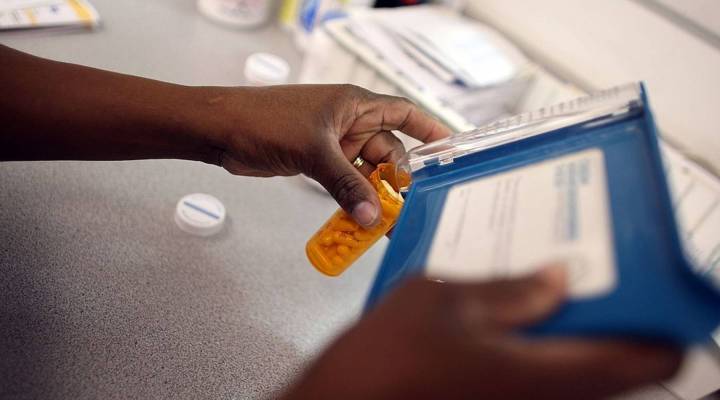
Cigna deal calls for rebates if drugs don’t perform

Cigna announced a deal today with drug makers Sanofi and Amgen wherein the insurance giant will get money back if new cholesterol drugs don’t work as advertised.
It’s called outcome-based contracting in the industry, but to a lot of people it just might look like common sense, and these sorts of deals are becoming more common industry-wide.
In this case, if these new drugs called PCSK9 inhibitors do not lower bad cholesterol as well as in clinical trials, drug companies send rebates to Cigna, which the insurer will pass back to its customers. Cigna’s Chris Bradbury said this way, the company pays for what works.
“You get a great price and in essence you get a form of a warranty where if something happens, or doesn’t work you get additional discounts on top of that,” he said.
That could end up being a chunk of change, given these drugs cost at least $14,000 a year.
Cigna has cut seven deals, including drugs for diabetes, Hepatitis C., and Multiple Sclerosis. Insurers want these deals because drug prices help fuel the rise in total health care spending.
IMS Health reports the U.S. spent $425 billion on prescription drugs in 2015, a 12 percent increase over the previous year.
That puts pressure on drug makers.
“It’s important that we are able to demonstrate that we are actually impacting patient’s outcomes over time and we are helping to offset long-term costs for the insurance companies,” said Bob Terifay, an executive with Regeneron, a company working with Sanofi on this deal.
Executives in the industry are optimistic this is the start of a new trend, but Pembroke Consulting’s Adam Fein is skeptical. Whether a drug works depends on the underlying medicine, and Fein said it depends on other factors too — like whether the patient takes the pill.
“It’s very hard for a manufacturer, who spent billions of dollars developing the drug, to risk getting paid based on factors that are completely out of their control,” he said.
Fein said the easier it is for insurers and drug makers to agree on how you measure value, the easier it is to get these deals done.
But when you consider the variable involved, that is a tall order.
There’s a lot happening in the world. Through it all, Marketplace is here for you.
You rely on Marketplace to break down the world’s events and tell you how it affects you in a fact-based, approachable way. We rely on your financial support to keep making that possible.
Your donation today powers the independent journalism that you rely on. For just $5/month, you can help sustain Marketplace so we can keep reporting on the things that matter to you.












